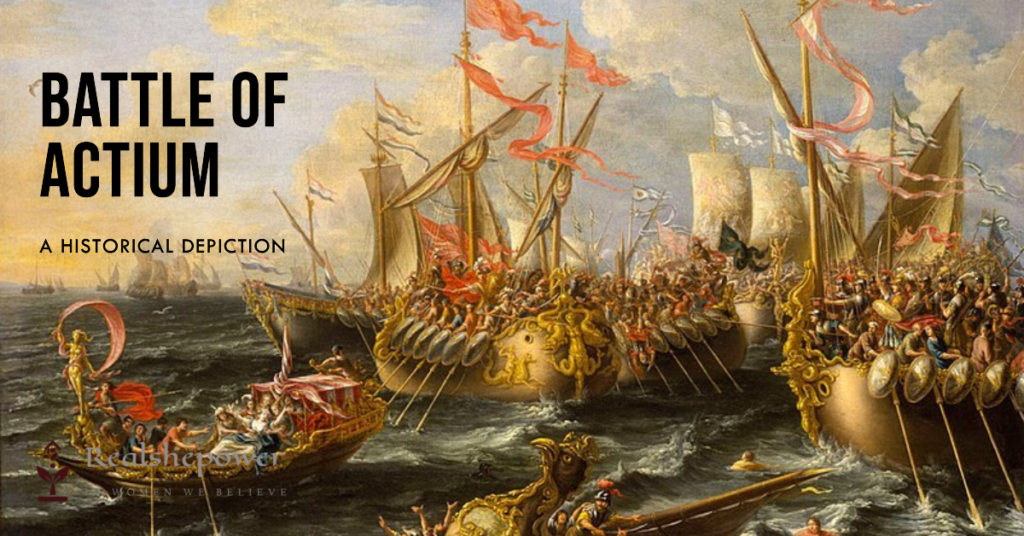Cleopatra: The Enigmatic Queen of Egypt Who Captivated the Ancient World
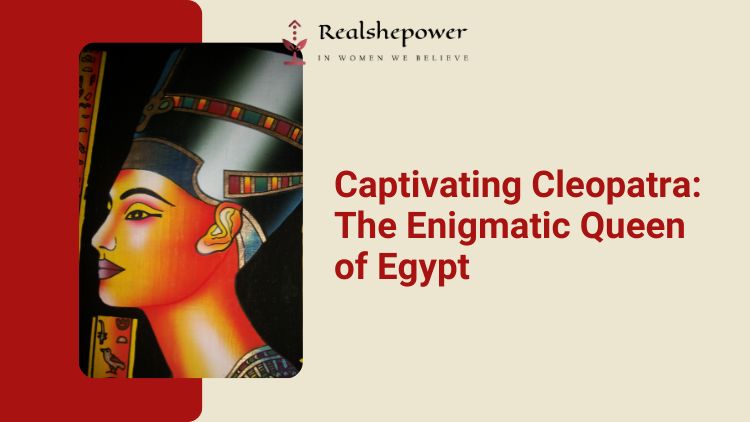

Cleopatra. Just the mention of her name evokes images of opulence, intrigue, and seduction. The last active ruler of the Ptolemaic Kingdom of Egypt, Cleopatra was a woman of remarkable beauty, intelligence, and charisma. Her reign, marked by political cunning and strategic alliances, left an indelible mark on the ancient world.
In this article, we embark on a captivating journey to uncover the enigmatic life of Cleopatra, exploring her rise to power, her captivating relationships, and her enduring legacy. Join us as we peel back the layers of history and discover the woman behind the legend.
Table of Contents
Cleopatra’s Early Life: From Princess to Queen
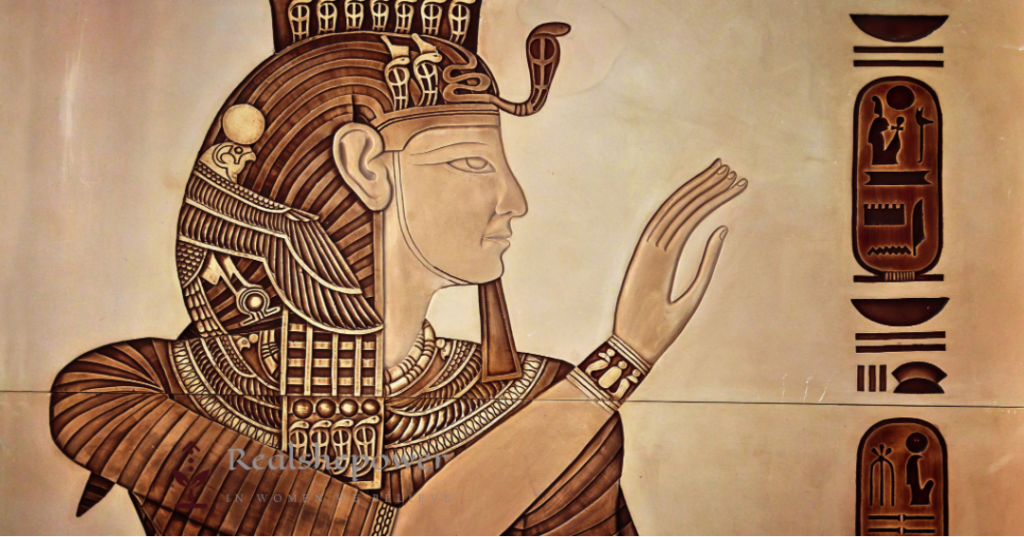
Cleopatra’s early life was shrouded in both privilege and political turmoil, setting the stage for her remarkable journey from princess to queen. Born in 69 BCE, Cleopatra was a member of the illustrious Ptolemaic dynasty, which traced its lineage back to Ptolemy I, one of Alexander the Great’s trusted generals.
The Ptolemaic dynasty was founded in 305 BCE after the death of Alexander the Great. The descendants of Ptolemy I ruled Egypt for nearly three centuries, blending Greek and Egyptian traditions to create a unique cultural blend. Cleopatra’s lineage as a Ptolemaic princess bestowed upon her both prestige and a claim to the throne.
Cleopatra’s upbringing was marked by a multicultural environment that fostered her intellect and prepared her for the challenges of ruling a diverse kingdom. She received an excellent education, studying a wide range of subjects, including mathematics, philosophy, astronomy, and languages.
Cleopatra was fluent in multiple languages, including Egyptian, Greek, and Latin. This linguistic prowess enabled her to communicate effectively with her subjects and build diplomatic relationships with foreign powers, such as Rome.
The political landscape of Egypt during Cleopatra’s formative years was tumultuous, marked by internal power struggles and external threats. Cleopatra’s father, Ptolemy XII Auletes, faced numerous challenges to his rule, leading to periods of exile and instability.
Cleopatra’s family dynamics were complex, as was often the case in royal households. She had two older sisters, Berenice IV and Cleopatra VI, both of whom ruled Egypt before her. Berenice IV’s reign ended in tragedy, as she was executed by their father, Ptolemy XII, upon his return to power.
As Cleopatra matured into a young woman, the political climate of Egypt presented her with a unique opportunity. In 51 BCE, when Cleopatra was only 18 years old, her father passed away, leaving the throne to her and her younger brother, Ptolemy XIII.
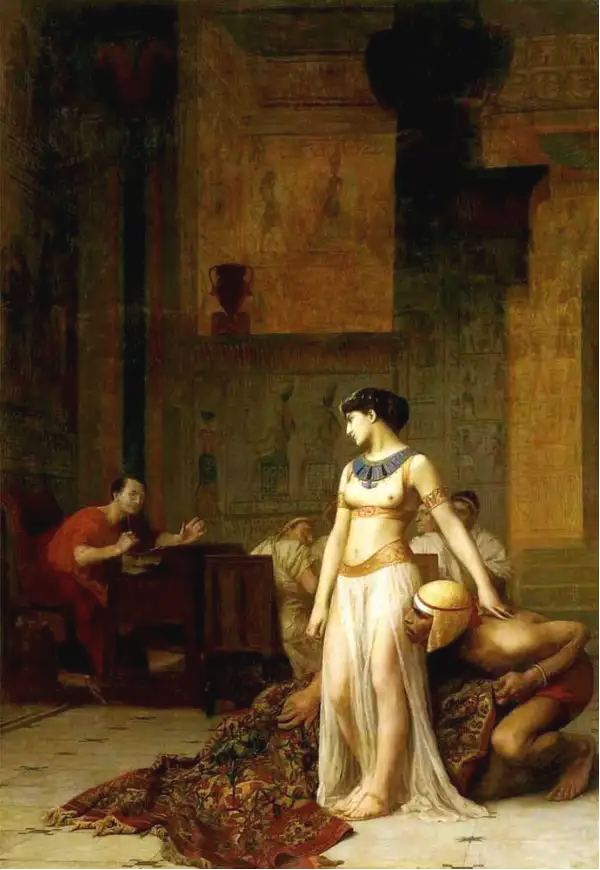
However, Cleopatra faced resistance from her brother and his advisors, who sought to undermine her authority. Determined to secure her position as the sole ruler, Cleopatra embarked on a daring plan. She sought the support of Julius Caesar, the influential Roman general and statesman.
In 48 BCE, Cleopatra took a bold step by visiting Julius Caesar in Rome. The details of their first meeting remain the subject of speculation and intrigue, but what is certain is that Cleopatra’s charisma and intelligence left a lasting impression on the Roman leader.
Cleopatra’s alliance with Caesar proved fruitful for both parties. She gained military support and legitimacy as the rightful ruler of Egypt, while Caesar secured a valuable ally in the Eastern Mediterranean. Their relationship also resulted in the birth of a son, Caesarion, solidifying Cleopatra’s ties to Rome.
Cleopatra and Antony
Cleopatra’s reign was marked by a series of challenges and alliances. Following Caesar’s assassination in 44 BCE, she aligned herself with Mark Antony, another influential Roman leader and member of the Second Triumvirate.
Cleopatra and Mark Antony’s relationship was a union of both political convenience and genuine affection. Together, they formed a formidable alliance that posed a significant threat to Octavian (laterknown as Augustus Caesar), who sought to establish his own dominance over Rome.
The Battle of Actium would prove to be a pivotal moment in Cleopatra’s life. Faced with the combined forces of Octavian (later known as Augustus Caesar), Cleopatra and Antony’s military ambitions crumbled, leading to their defeat. The aftermath of the battle would seal the fate of the ill-fated lovers.
Cleopatra’s Legacy: Enduring Influence on Art, Culture, and Power
While Cleopatra’s reign may have come to a tragic end, her legacy endured long after her death. Her impact on art, culture, and the perception of female power is still felt today. Let’s explore the lasting influence of this captivating queen.
Throughout the centuries, Cleopatra’s beauty and power have been immortalized in numerous works of art and literature. From ancient Egyptian sculptures and Roman frescoes to Renaissance paintings and Hollywood films, Cleopatra’s iconic image continues to captivate artists and audiences alike.
In art, she is often depicted as an enchanting seductress, adorned in luxurious garments and jewels, with her distinctive features and regal bearing. Artists have sought to capture her allure, her intelligence, and her commanding presence. Paintings, sculptures, and mosaics have depicted Cleopatra in various settings, from scenes of her political negotiations to moments of intimate encounters with her lovers, Julius Caesar and Mark Antony.
In literature, Cleopatra’s story has been the subject of numerous plays, poems, and novels. Perhaps the most famous rendition is William Shakespeare’s tragedy “Antony and Cleopatra.” Shakespeare portrays Cleopatra as a complex character—sensual, cunning, and fiercely independent. Her wit, charm, and political acumen shine through his masterful prose, cementing her status as a symbol of beauty and power.
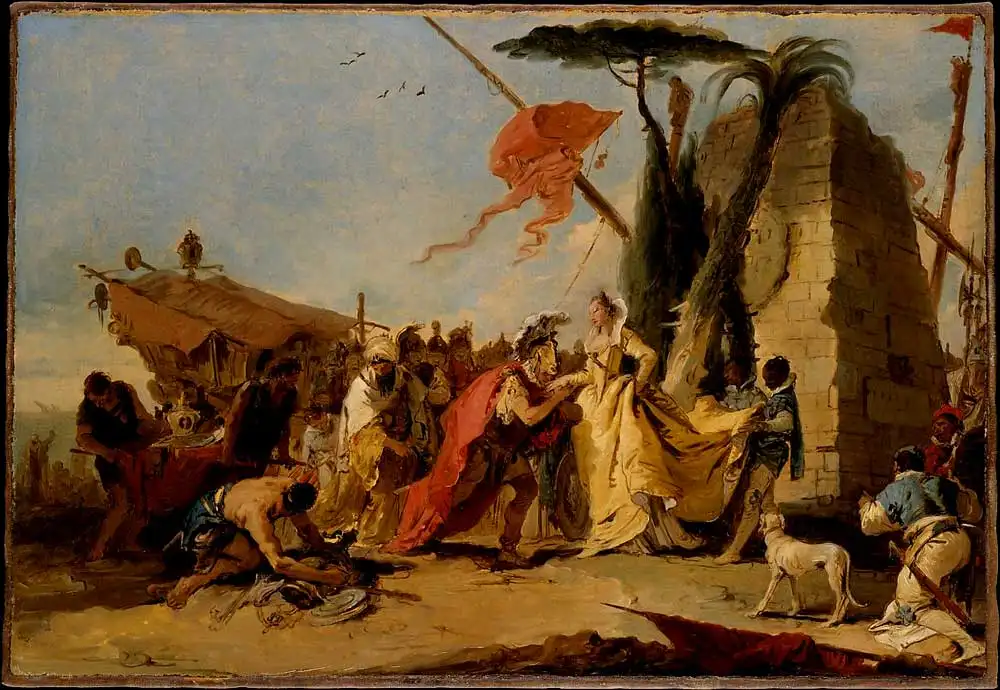
The Cleopatra Effect: Female Empowerment and Leadership
Cleopatra’s reign challenged societal expectations of female power and leadership. As the ruler of Egypt, she demonstrated intelligence, strategic thinking, and diplomatic prowess. Her ability to navigate complex political landscapes earned her respect and admiration, not only from her subjects but also from her contemporaries.
Cleopatra’s remarkable achievements as a female leader have had a lasting impact on perceptions of women in positions of authority. Her reign set a precedent for future generations of women who aspired to hold positions of power, demonstrating that gender should not be a barrier to success. Cleopatra’s legacy as a female ruler continues to inspire and empower women around the world.
Cleopatra’s Influence on Egyptian Civilization
Beyond her political and cultural contributions, Cleopatra sought to revive and preserve the ancient traditions and customs of Egypt. She aligned herself with the image of the divine pharaoh, connecting her reign to the storied history of Egyptian civilization.
Under Cleopatra’s patronage, art, literature, and architecture flourished. She commissioned grand monuments, temples, and statues that celebrated the gods and goddesses of ancient Egypt. Cleopatra’s support for Egyptian religious practices and her efforts to revive the worship of traditional deities were instrumental in the preservation of Egypt’s cultural heritage.
Cleopatra’s influence extended to language and fashion as well. She embraced the Egyptian language and dressed in traditional Egyptian attire, further reinforcing her connection to the country she ruled. Her style and fashion choices became iconic, influencing trends of the time and leaving a lasting impact on Egyptian culture.
Frequently Asked Questions about Cleopatra
Q: What is Cleopatra famous for?
A: Cleopatra is famous for being the last active pharaoh of ancient Egypt and her captivating beauty and intelligence. She is also renowned for her relationships with two powerful Roman leaders, Julius Caesar and Mark Antony.
Q: Was Cleopatra really as beautiful as she is often depicted?
A: Cleopatra’s beauty was legendary, but it’s important to remember that beauty is subjective and influenced by cultural perceptions. While her physical appearance played a role in her allure, it was her intelligence, charisma, and political astuteness that truly captivated those around her.
Q: How old was Cleopatra when she was with Caesar?
A: Cleopatra was approximately 21 years old when she first met Julius Caesar in 48 BC.
Q: Did Cleopatra have relationships with Julius Caesar and Mark Antony for political gain?
A: Cleopatra’s relationships with Julius Caesar and Mark Antony were undoubtedly influenced by political considerations. These alliances allowed her to secure Egypt’s interests and maintain her position as queen. However, it’s also believed that genuine affection and attraction existed between Cleopatra and her Roman lovers.
Q: What is the significance of Cleopatra’s death by suicide?
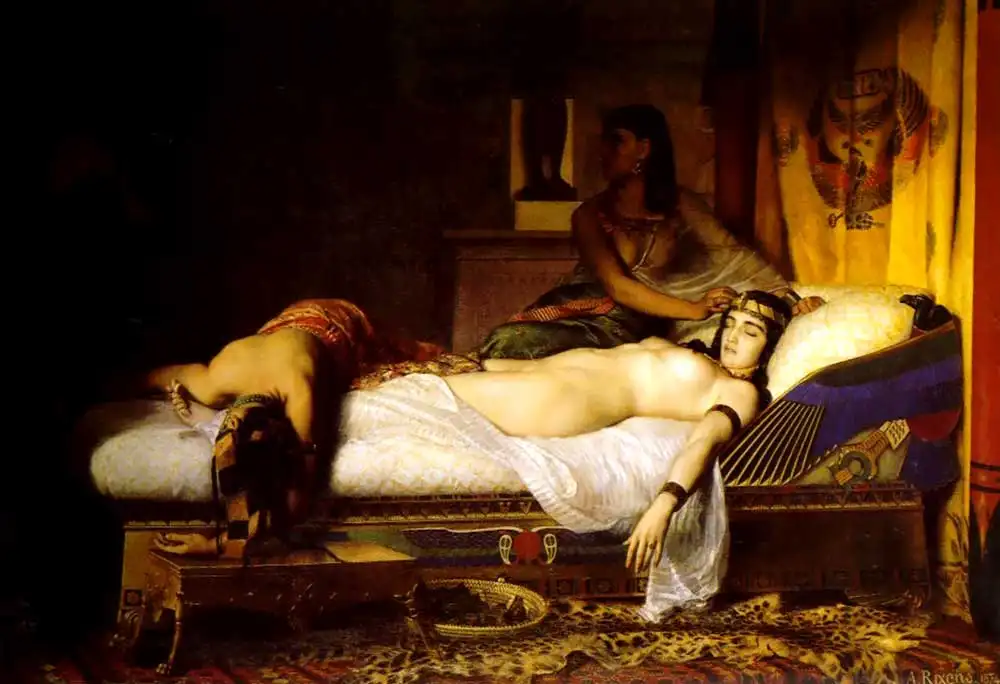
A: Cleopatra’s decision to end her life through suicide has been interpreted as a final act of defiance and control over her own destiny. By choosing her own fate, Cleopatra retained her dignity and avoided the humiliation of being paraded through the streets of Rome as a captive.
Q: What nationality is Cleopatra?
A: Cleopatra was of Egyptian descent. She was born in 69 BC in Alexandria, Egypt, and went on to become the last active ruler of the Ptolemaic Kingdom of Egypt. Cleopatra’s family, the Ptolemaic dynasty, was of Greek origin and had ruled Egypt since the time of Alexander the Great. Despite her Greek ancestry, Cleopatra identified herself as an Egyptian and embraced Egyptian culture and traditions. Her reign and influence were primarily centered in Egypt, and she played a significant role in the country’s political and cultural landscape during her time.
Q: What is a famous quote that Cleopatra said?
A: One of her most well-known quotes is, “I will not be triumphed over,” which reflects her strong-willed and independent nature. However, it is important to note that due to the passage of time and the limited historical records available, there is some uncertainty regarding the authenticity of specific quotes attributed to Cleopatra. While this particular quote is often associated with her, its exact origin and context may be difficult to verify conclusively.
Q: What happened to Cleopatra’s children?
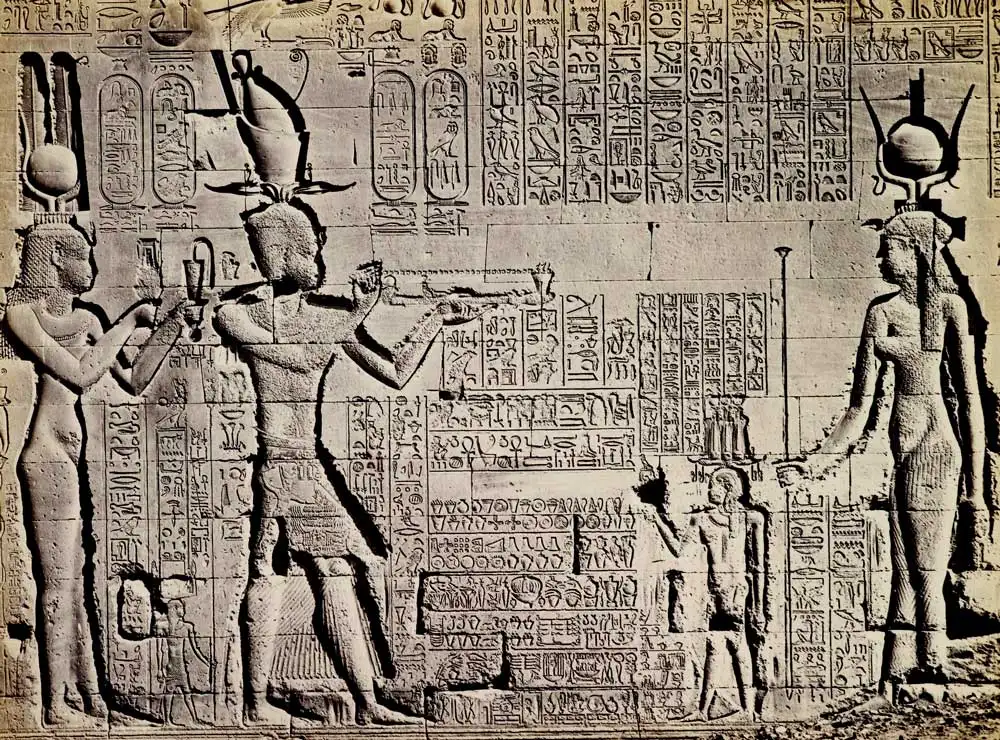
A: Cleopatra had several children, most notably Caesarion, her son with Julius Caesar, and three children with Mark Antony. After Cleopatra’s death, Caesarion was executed by Octavian to eliminate any potential threats to his rule. Cleopatra’s other children were taken to Rome but their fates remain largely unknown.
In the Footsteps of a Legend: Cleopatra’s Enduring Influence
As we reflect on the life and legacy of Cleopatra, it becomes clear that she was more than just a seductive queen. Cleopatra was a shrewd politician, a patron of the arts, and a symbol of female empowerment. Her story continues to captivate us, reminding us of the complexities of power, love, and the indomitable human spirit.
From the splendor of her reign to the tragedy of her final moments, Cleopatra’s impact on history and culture cannot be overstated. Her allure and influence have stood the test of time, inspiring countless tales and leaving an indelible mark on our collective imagination.
As we unravel the enigma that is Cleopatra, we find ourselves drawn into a world of intrigue, power, and passion. The story of this captivating queen continues to fascinate and beguile, reminding us of the timeless allure of those who dare to challenge the status quo and shape their own destinies.
So, let us raise a metaphorical goblet to Cleopatra, the mesmerizing Queenof Egypt, whose legacy lives on, enchanting us with her remarkable tale. From her rise to power to her alliances and ultimate downfall, Cleopatra’s story is a testament to the enduring power of one woman’s ambition and charisma.

